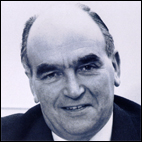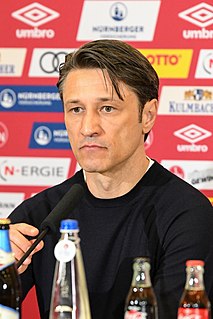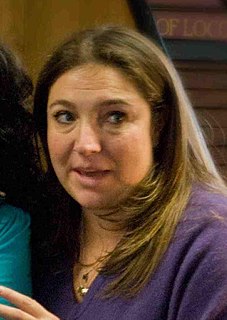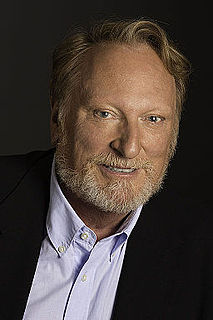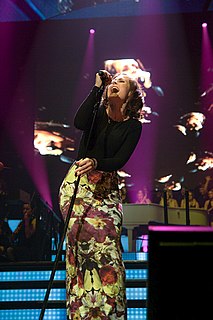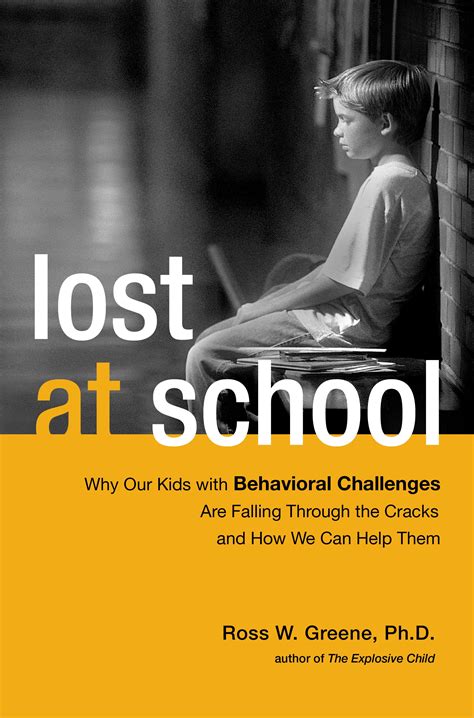A Quote by Arlo Parks
I learned a lot of empathy and openness from my parents. I know so many people who don't have that experience.
Quote Topics
Related Quotes
I learned a lot about my parents, who were both teachers. I had known that my parents were very strongly in favor of education. I had known that they had an impact on a lot of people, but people came out of the woodwork who have said, "You know, without your father, I would never have gone to college," very successful people. And so I learned how widespread their educational evangelism really was.
It really is a fact that liberals are much higher than conservatives on a major personality trait called 'openness to experience.' People who are high on openness to experience just crave novelty, variety, diversity, new ideas, travel. People low on it like things that are familiar, that are safe and dependable.
My parents both left school at 14, but my parents are incredibly smart, successful, thoughtful people. So one of the lessons I learned from my parents is that the fancy degree is just a foot in the door, and there are a lot of very smart people out there who don't necessarily have the fancy degrees. And given the opportunity, they can do amazing things.
I think the name came [of the show 'Gaycation'] out of the fact that a lot of people just don't know - they don't know what so many people face around the world or even in their own country, where there's a variety of experience, and despite the incredible progress we've seen, that progress hasn't necessarily reached everyone. I wanted to kind of have this title to have you be open to the experience, and then you enter it and you do see the realities.
I think that you have to experience darkness to feel empathy. For all of my failings - and I have many - I do have a complete ability to emphasize with people. And that all goes down to being "other." When you're young you think otherness is a state only you possess. When you get older you realize, "Actually, there's so many of us." In that we find community.
A lot of parents aren't exactly sure how to go about solving a problem with a kid in a way that's mutually satisfactory - doing that with their child feels very foreign to a lot of people. It probably explains why so many parents tell me their kids don't listen to them and why so many kids tell me that they don't feel heard.
Obviously there are many, many ways of being an outsider, but having immigrant parents is one of them. For one thing, it makes you a translator: there are all kinds of things that American parents know about life in America ,and about being a kid in America, that non-American parents don't know, and in many cases it falls on the kid to tell them, and also to field questions from Americans about their parents' native country.




